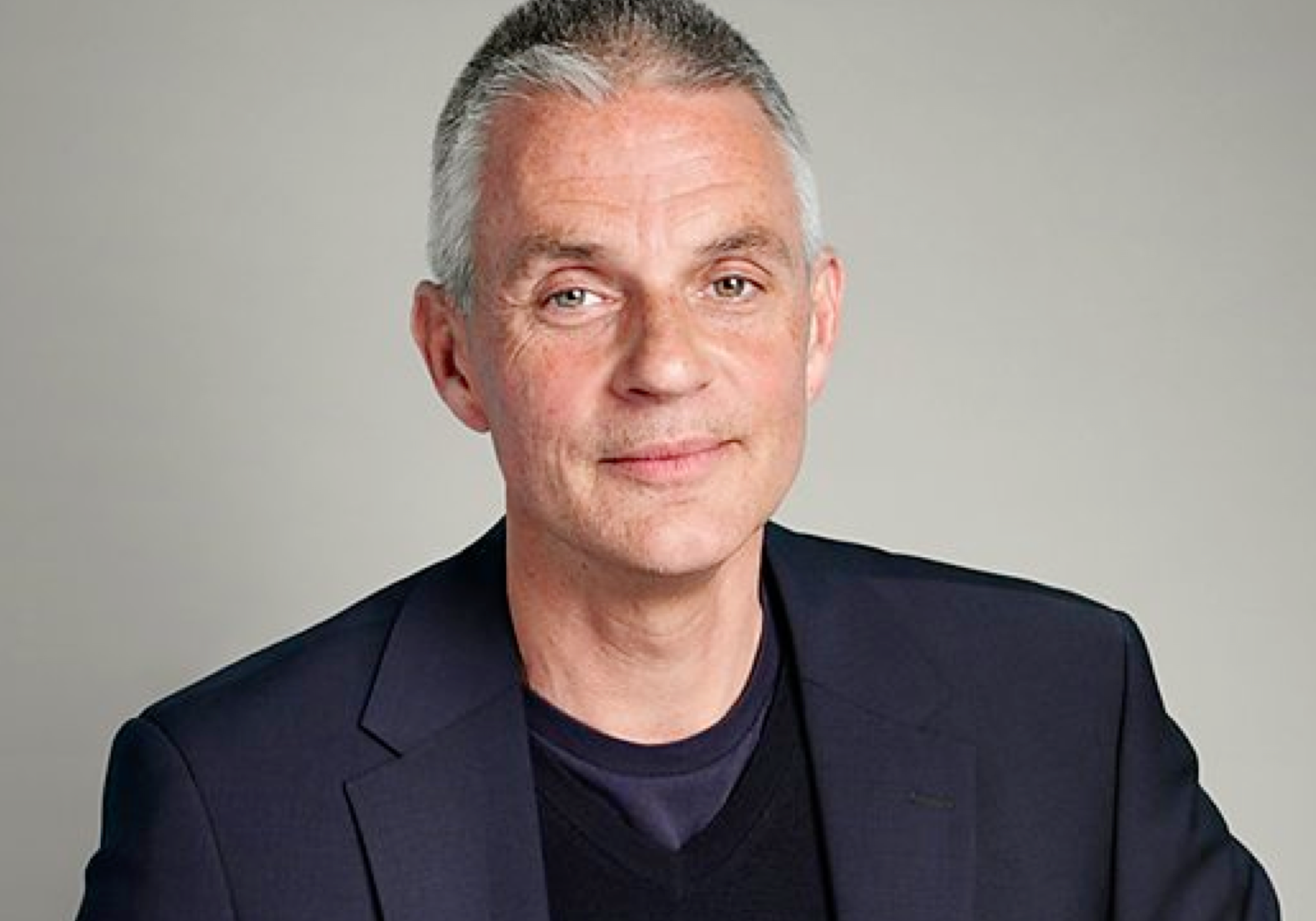
Tim Davie to step down as BBC Director-General
BBC Director-General Tim Davie has announced he will leave the Corporation after 20 years, including five as its chief executive.
His departure was confirmed today, alongside the resignation of Deborah Turness, CEO of BBC News.
The former Head of Radio said the decision was his own and that he would remain for a transition period while a successor is appointed.
In a message to staff, he described the job as “very intense personally and professionally” and said he wanted to give his successor time to shape plans for the next Royal Charter.
He added that although the BBC “is delivering well,” he accepted “ultimate responsibility” for recent challenges around BBC News.
Davie wrote: “In these increasingly polarised times, the BBC is of unique value and speaks to the very best of us. It helps make the UK a special place; overwhelmingly kind, tolerant and curious.”
He also reflected on the broadcaster’s transformation during his leadership, highlighting progress towards digital growth and its reputation as “the most trusted news brand globally.”
BBC Chairman Samir Shah paid tribute to Davie’s leadership, describing him as “an outstanding Director-General” who has “propelled the BBC forward with determination, single-mindedness and foresight.” He confirmed that the Board would begin the process of appointing a successor immediately.
Davie first joined the BBC in 2005 and previously served as Director of Audio and Music, Acting Director-General, and Chief Executive of BBC Studios before being appointed Director-General in 2020.
He said he would “always be a passionate cheerleader for civilised society, a strong BBC and a thriving UK.”
In reaction, Culture Secretary Lisa Nandy said: “I want to thank Tim Davie for his service to public service broadcasting over many years. He has led the BBC through a period of significant change and helped the organisation to grip the challenges it has faced in recent years.
“The BBC is one of our most important national institutions. Every day, it tells the story of who we are – the people, places and communities that make up life across the UK. Now more than ever, the need for trusted news and high quality programming is essential to our democratic and cultural life, and our place in the world.
“As a government, we will support the Board as it manages this transition and we will ensure that the Charter Review is the catalyst that helps the BBC to adapt to this new era and secures its role at the heart of national life for decades to come.”


